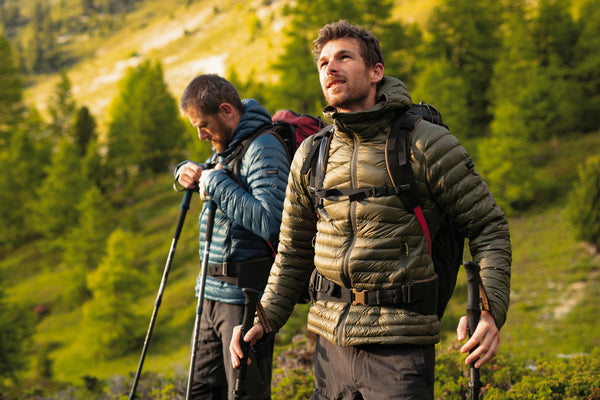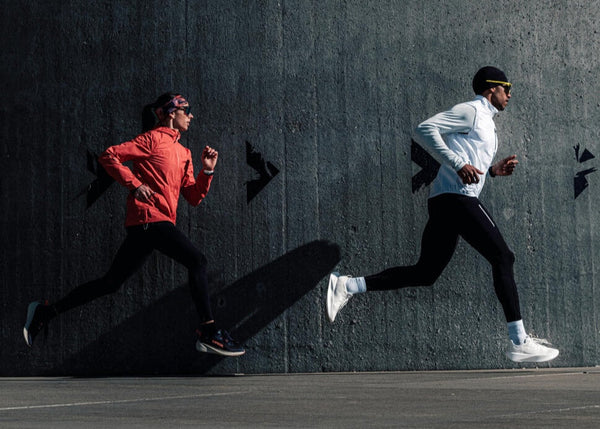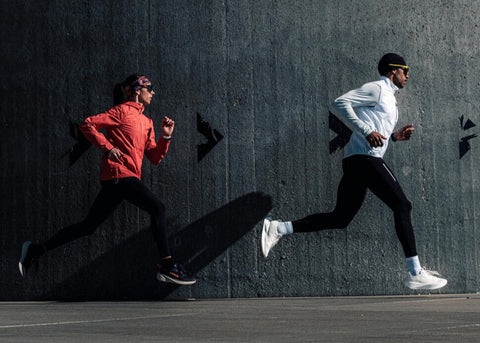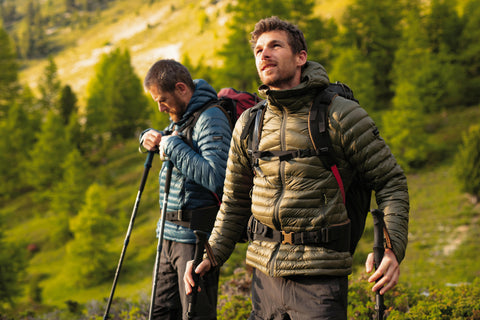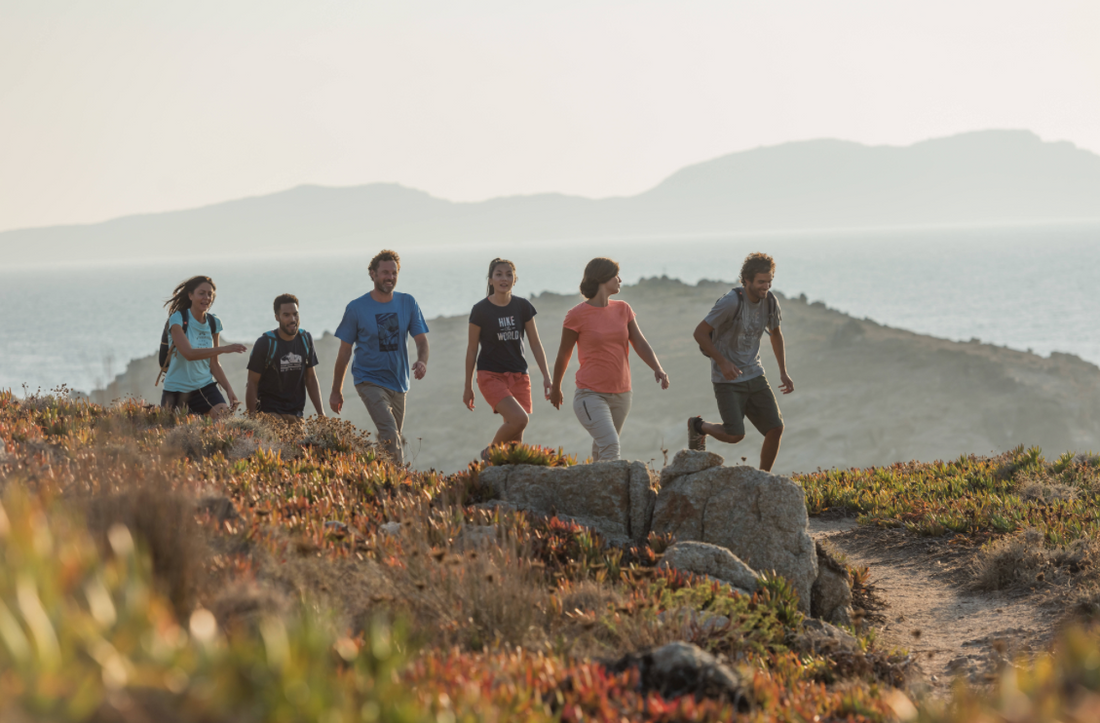
How Decathlon Commits to Sustainability
Share
At Decathlon, we don’t just innovate to create the best gear; we innovate to pursue sustainable practices for our community, our teammates and our environment. We pursue quality along with affordability because a long-lasting product is the first step toward sustainability.
“At Decathlon, we believe that preserving the planet and its population protects our purpose: to make sports more accessible to everyone.”
We hold ourselves to specific standards when it comes to our ecological footprint, design, production, manufacturing and business operations. Here are some of our key commitments:
Paper and Packaging
- Over 75.2 million tons of trash are generated in the US by packaging every year. Decathlon therefore strives to use as little packaging as possible; for example, most of our shoes do not come in boxes.
Eco-Design
- We strategically manage our product design, production and distribution to ensure safety, sustainability and quality.
- Our product developers use renewable, recycled and raw-recyclable materials.
- By 2026, Decathlon is committed to eco-designing 100% of our products.
Our Quechua MH500, Folding Camping Chair exemplifies these values. The MH500 use bi-ton fabric. Bi-ton is a technology that only dyes 1 thread out of every 2, reducing water consumption, and subsequently, environmental impact.

Production and Manufacturing
In 2016, the Decathlon code of conduct was expanded to ensure that suppliers meet standards related to chemical management and the use of responsible materials.
- We regularly audit our partners to make sure they meet standards for safe working conditions and measure our carbon emissions in an effort to reduce them.
- From product design to end usage, we exercise chemical risk prevention. This means all our suppliers have committed to respecting our list of restricted substances. For example, we are working to eliminate PAHs (polycyclic aromatic hydrocarbons) and acetophenone azine in our products.
Our 2003 Social Charter outlines how we select, approve and oversee our suppliers. We require each of our suppliers to meet the United Nations' Guiding Principles on Business and Human Rights.
- We take on pilot projects that relate to fair pay for our production workers.
- Since 2014, we've been committed to a partnership strategy with suppliers who share our vision and values. Together, we define transparent and sustainable objectives around safety and human rights subjects such as child labor, discrimination and working hours.
- Suppliers are subject to regular audits and assessments by our internal auditors or external parties.
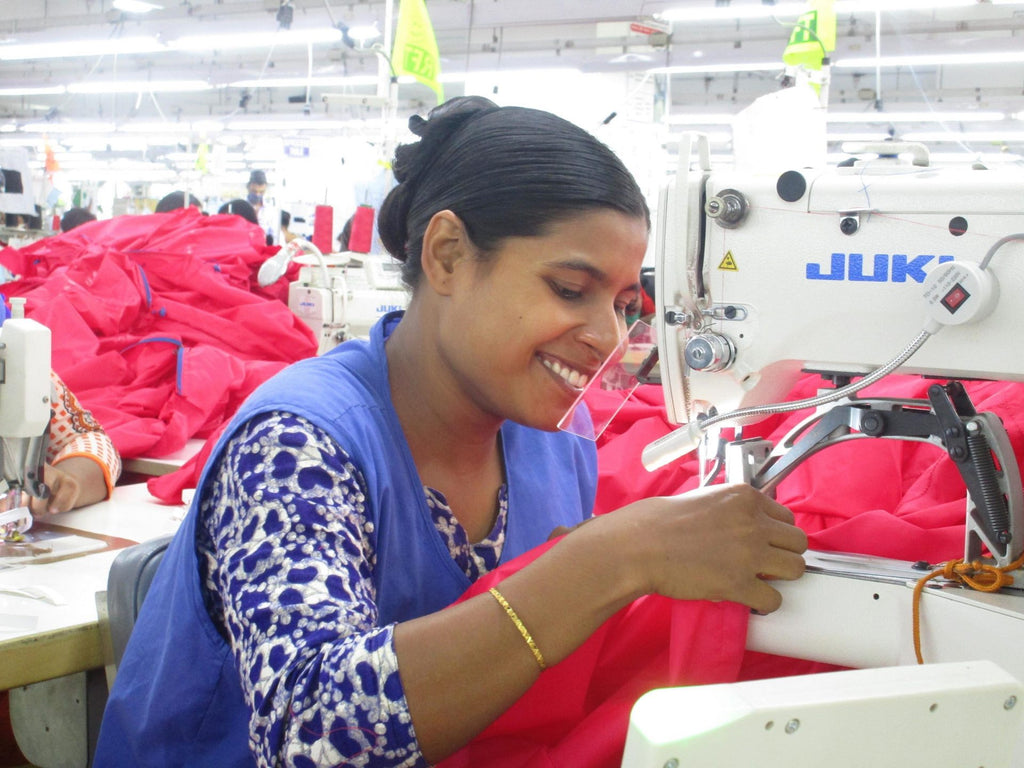
Teammates
We take the “team player” principle seriously. Our teammates are passionate about sports and believe in sharing the value and safety standards of our products. Through their care, team players ensure our users are matched with the right sustainable products.
What’s next?
Since 2019, 100% of our textile, footwear and heavily stitched products have an environmental rating and score. Our goal is to have products tracked and “eco-labeled” to ensure environmental transparency.
We innovate to bring revolutionary products to as many users as possible. Simultaneously, we hold ourselves accountable for our environmental impact and make it a priority to minimize our footprint. We also promote personal safety and optimal working conditions.
In taking these steps, we foresee a greener future for all. Read more on our sustainable development here and our supply chain standards here.


